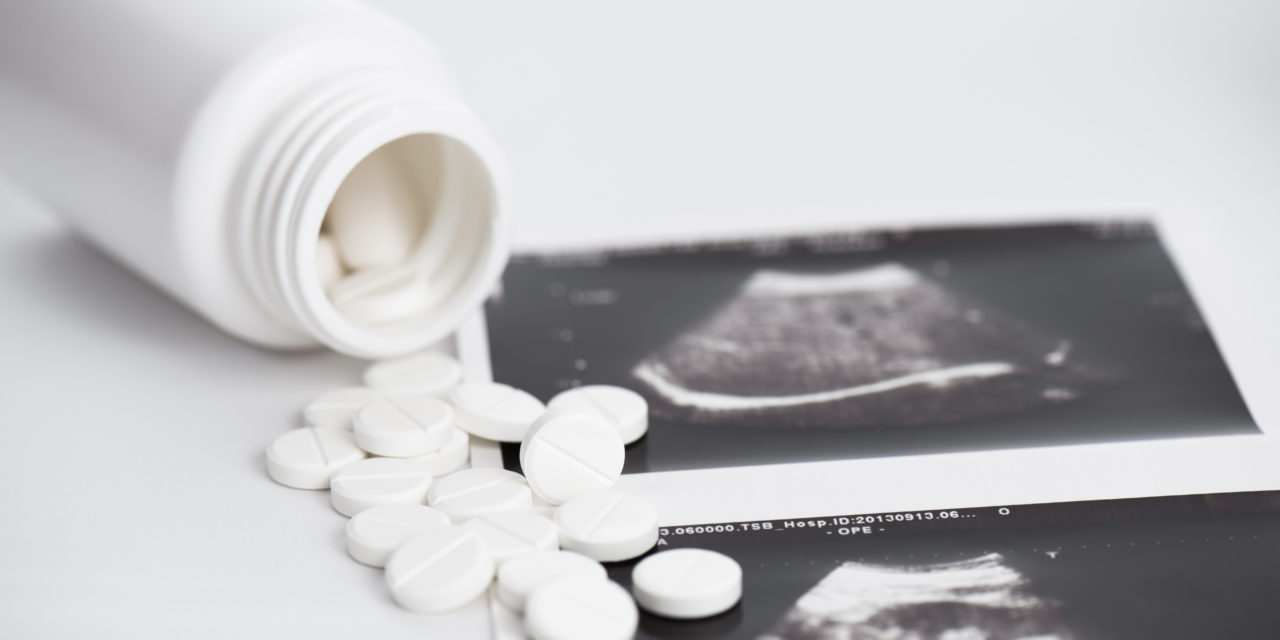Former President Barack Obama’s chief of staff Rahm Emanuel once said, “You never want a serious crisis to go to waste.” When the COVID-19 pandemic hit, the abortion industry took that lesson to heart.
To ostensibly prevent the spread of COVID-19, last year many abortionists began using virtual telemedicine appointments to prescribe women abortion-inducing drugs, which are then sent by mail.
This practice started shortly after the pandemic began, when the American College of Obstetricians and Gynecologists and pro-abortion groups sued the Food and Drug Administration (FDA) over its requirement that a woman visit a hospital or clinic to receive the first dose of the abortion pill.
The regulation required abortionists “to prescribe and provide the first abortion pill (mifepristone) in person, before the woman takes the other half of the abortion pill protocol (misoprostol) at home to complete the abortion.”
The pro-abortion groups won in court and convinced a federal judge to block the policy nationwide, permitting women to receive the abortion pill.
So, a woman could choose to abort her preborn child, be prescribed the abortion pill virtually, and then abort her baby via a chemical abortion without ever talking to someone in-person.
On January 12, 2021, after additional rounds of litigation, the U.S. Supreme Court sided with the Trump administration and permitted the FDA to reinstitute its regulation requiring abortionists to give out the abortion pill in person.
However, following the inauguration of President Biden, the new administration changed course and removed the FDA regulations “for the duration of the pandemic.”
As The Daily Citizen has previously recounted, the abortion pill can have serious side effects, which include “nausea, vomiting, diarrhea, weakness, or dizziness.” According to WebMD, “Bleeding and cramping are expected during this treatment … Bleeding and spotting may last up to 30 days and may be much heavier than a normal period.”
One study of 50,000 women in Finland also found that chemical abortions are very risky. “The overall incidence of immediate adverse events is four-fold higher for medical abortions than for surgical abortions … nearly 7% of women will need surgical intervention.”
The New York Times recently said that the pandemic has created “new ways” to provide abortions. It noted that nearly 40% of abortions are done chemically (with mifepristone and misoprostol), rather than surgically.
“We’re on the cusp of revolutionizing the provision of care,” Destiny Lopez, co-president of the activist group All* Above All, told The Times. The organization describes itself as a “catalyst for abortion justice.” The article notes that the FDA could permanently lift its previous regulation requiring women to receive the abortion pill in person, and the agency is considering doing so
For women and preborn babies, that’s not a good thing. It would ensure women struggling with an unplanned pregnancy will be more isolated as they consider aborting their baby and may suffer serious side effects should they decide to take the abortion pill.
If you have taken the first dose of the abortion pill within the last three days and regret your decision, visit abortionpillreversal.com or call 1-877-558-0333. That helpline will connect you with a medical professional who can guide you through the process of reversing the pill’s effects.
If you or a loved one has already had an abortion, Focus on the Family has resources to help bring emotional, spiritual and psychological healing:
- Abortion Survivors: Does God Forgive Abortion?
- Dealing With the Trauma of a Past Abortion
- Finding Healing and Hope After an Abortion (Part 1 of 2 and Part 2 of 2)
- Get Help: Counseling Consultation and Referrals
- Healing the Hurt of a Past Abortion
Photo from Shutterstock.






